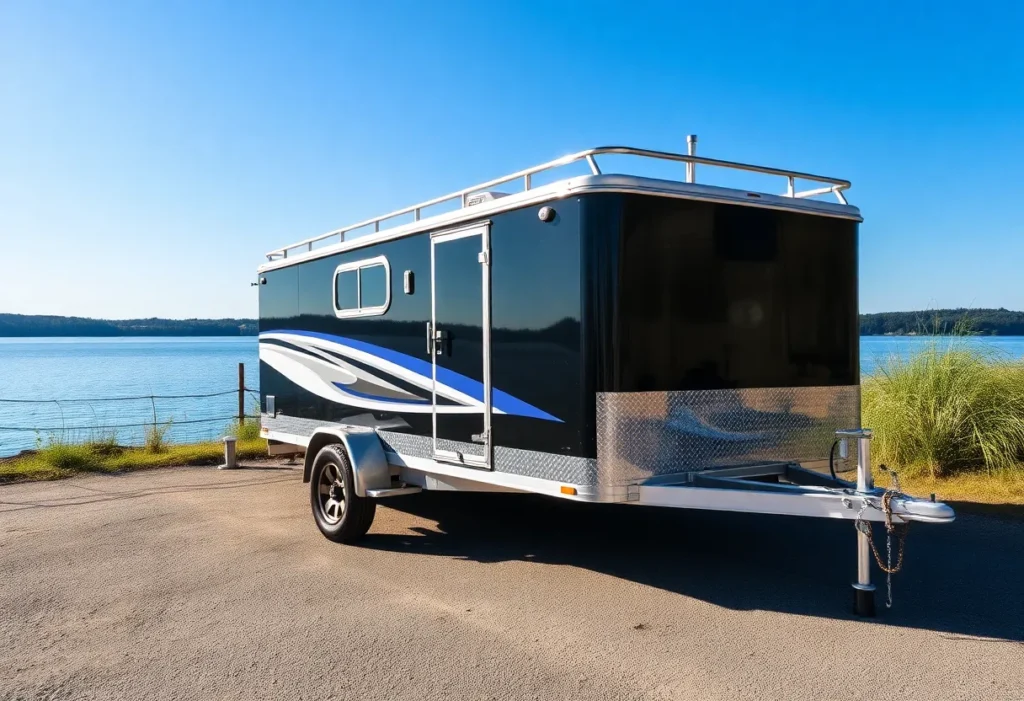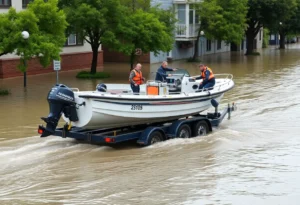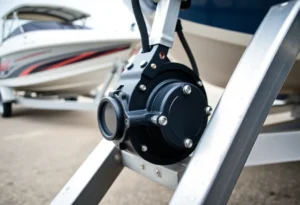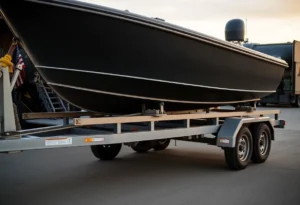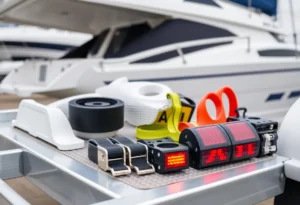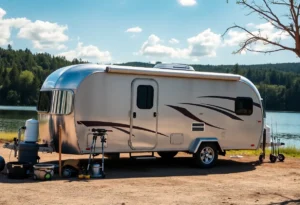How to Prevent Corrosion in Sport Fishing Trailers
Sport fishing trailers are essential for transporting boats and fishing gear. However, exposure to water, salt, and environmental elements can lead to corrosion, significantly reducing the trailer’s lifespan. Understanding how to prevent corrosion in sport fishing trailers is crucial for maintaining its durability and performance. This article provides practical strategies for safeguarding your trailer from corrosion.
Understanding Corrosion
Corrosion is a natural process that occurs when metals react with moisture and oxygen. In sport fishing trailers, this reaction is often accelerated by saltwater exposure, humidity, and contaminants. When corrosion begins, it can weaken the trailer structure, causing safety issues and expensive repairs.
Types of Corrosion
Corrosion manifests in several forms:
- Galvanic Corrosion: Occurs when two different metals are in contact in the presence of an electrolyte, leading to the deterioration of the more reactive metal.
- Crea Corrosion: Results from stress on the material, usually in high-stress areas of the trailer.
- Uniform Corrosion: Creates a uniform layer of rust across the surface, typically due to prolonged exposure to moisture.
Preventative Measures
Taking proactive steps is essential for preventing corrosion in sport fishing trailers. Below are effective strategies to consider:
1. Regular Cleaning
Cleaning your trailer regularly helps remove salt, dirt, and other contaminants that can accelerate corrosion. Use fresh water and a mild detergent after each trip, focusing on the underside and any crevices where debris might accumulate.
2. Waxing
Applying a high-quality automotive wax can serve as a protective barrier against moisture and elements. Wax provides a layer of protection, minimizing direct contact between the metal surfaces and corrosive agents.
3. Insulation and Coatings
Consider using protective coatings, such as paint or marine-grade sealants. These coatings not only improve aesthetic appeal but also provide a protective layer that enhances the trailer’s resistance to corrosion. Make sure to choose a coating suitable for trailer materials.
4. Check for Damage
Regularly inspect your trailer for any signs of wear and tear. Pay attention to areas such as welds, brackets, and any exposed metal sections. Addressing damage promptly can prevent corrosion from taking hold.
5. Use Stainless Steel Components
When replacing components or hardware, opt for stainless steel or galvanized fittings. These materials are more resistant to corrosion compared to standard steel, enhancing the longevity of the trailer.
6. Store Wisely
Where you store your trailer matters. Keep it in a dry, covered area whenever possible. If storage outdoors is necessary, use a breathable cover to protect the trailer from moisture while allowing air circulation to prevent trapped humidity.
Additional Considerations
Monitoring Humidity Levels
Keep an eye on the humidity levels in your storage area. High humidity can increase the risk of corrosion. Using dehumidifiers can help maintain optimal levels and protect your trailer.
Drainage Management
Ensure proper drainage paths when parking your trailer. Standing water or accumulated moisture can lead to rapid corrosion. Position the trailer to avoid water pooling around it.
Consider a Rust Inhibitor
Rust inhibitors can be applied to critical areas of the trailer where corrosion is likely to occur. These products create a protective coating that slows down oxidation, extending the trailer’s lifespan.
Conclusion
Preventing corrosion in sport fishing trailers is crucial for maintaining their performance and safety. By implementing these proven strategies, such as regular cleaning, using protective coatings, and monitoring humidity levels, you can significantly reduce the risk of corrosion. Investing time and resources into proper maintenance today can save you from costly repairs in the future.
With the right approach, your sport fishing trailer can remain functional and reliable for many seasons, allowing you to focus on the joy of fishing without worrying about corrosion-related issues.

